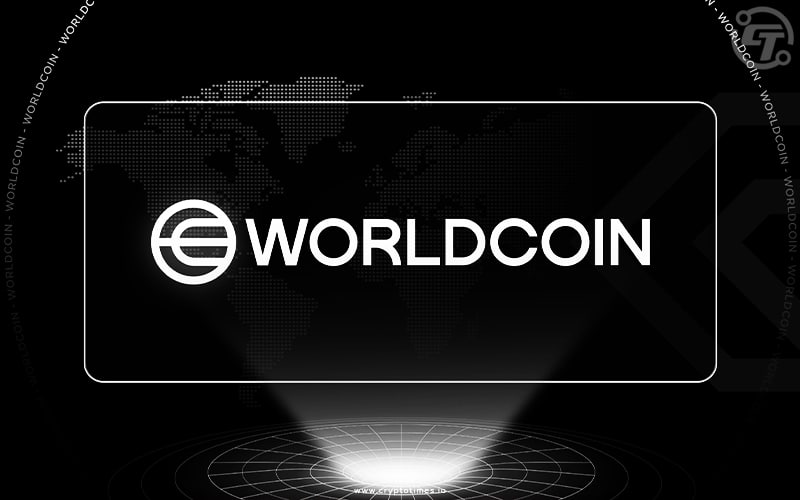The Worldcoin project is currently putting into practice a plan intended to foster additional trust, even though the company has always maintained that it is extremely protective of peoples’ biometric data when scanning their eyes to prove they are human.
Following the introduction of what Worldcoin refers to as “Personal Custody,” individuals will no longer have the choice to have their biometric information encrypted and kept when registering for a World ID.
The biometric information that was “captured by the orb and used to generate the iris code during World ID verification” will now be stored on individuals’ devices, usually smartphones, and they will have the option to decide what to do with it after that, including erasing it if they so want.
The personal custody plan for the project was initially hinted at in December when Worldcoin released information about its World ID 2.0, which was branded “a human passport for the internet.”
Tiago Sada of Tools for Humanity told The Block that although the Worldcoin project has always taken privacy seriously, it sees the personal custody initiative as a chance to increase the trust that prospective users who haven’t signed up yet feel.
“Even though everything was deleted by default before, definitely now the fact that users have control over what to do with their data, definitely does give you that peace of mind, not needing to trust anyone,” he continued.
Sada is the main software contributor for the Worldcoin project and the head of product, engineering, and design at Tools for Humanity. Sam Altman, the CEO of OpenAI, was a co-founder of Tools for Humanity.
The project’s website states that since its introduction approximately eight months ago, Worldcoin has registered roughly 4.5 million users. It has undergone multiple examinations by various government bodies throughout that time.
Most recently, Worldcoin was prohibited in Spain for a maximum of three months while the nation’s data protection agency conducted additional research on the initiative. Additionally, Worldcoin has come under fire for providing WLD tokens to signups, many of whom are from less developed countries.
Since the start of this year, the price of the WLD token has more than doubled.
Also Read: South Korea Probes Worldcoin Amid Growing Privacy Concerns







